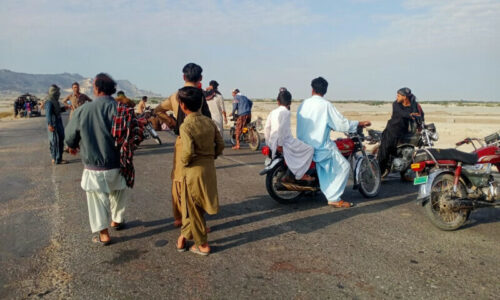By: Shehenshah Ali Akbar Naqvi.
Pakistan has a history of political turmoil since its inception in 1947. Frequent changes in government, military interventions, and policy inconsistencies have created a state of political instability that significantly impacts the country’s economy.
Firstly, political uncertainty creates an unfavorable investment climate. Investors, both domestic and foreign, seek stability and predictability. However, the frequent changes in government and shifting policy priorities in Pakistan deter potential investors, resulting in a slowdown in capital inflows. This hampers economic growth and deprives the country of much-needed investment.
Secondly, political instability erodes business confidence. Uncertainty regarding government policies, regulations, and the overall direction of the economy discourages businesses from expanding, investing, or creating new jobs. The lack of business confidence further amplifies economic stagnation and reduces entrepreneurial activities. Furthermore, political instability often leads to a lack of fiscal discipline.
The frequent changes in government can disrupt the implementation of long-term economic policies, impede fiscal reforms, and result in excessive public spending. This lack of stability in fiscal management can lead to budget deficits, inflationary pressures, and unsustainable debt burdens, hindering economic development.
In addition, political instability impacts Pakistan’s international perception. The country’s image in the global arena is heavily influenced by its political stability. Political unrest generates negative perceptions among foreign investors, donors, and international financial institutions. Consequently, Pakistan may face reduced foreign aid, limited access to global markets, and higher borrowing costs, impeding economic progress and exacerbating existing challenges.
Addressing the issue of political instability is crucial for Pakistan’s economic growth and development. Strengthening institutions, such as the judicial system, electoral process, and regulatory bodies, is essential. Building strong and independent institutions that can withstand political turbulence creates an environment conducive to economic growth and stability.
In conclusion, political instability has a profound impact on Pakistan’s economy. It undermines investment, business confidence, fiscal discipline, and international perception. By strengthening institutions, pursuing consistent policies, and promoting political reconciliation, Pakistan can create a more favorable environment for economic growth and progress. Only then can the nation achieve its true economic potential and improve the lives of its citizens.




